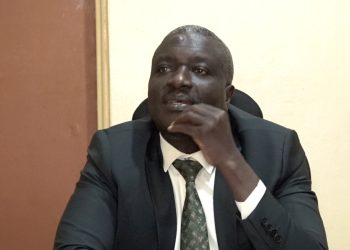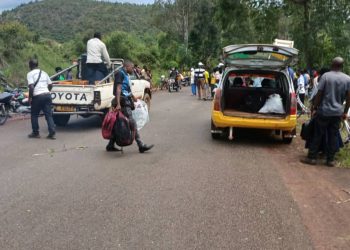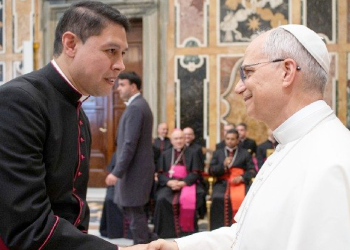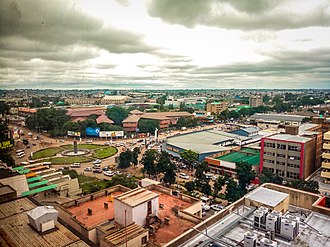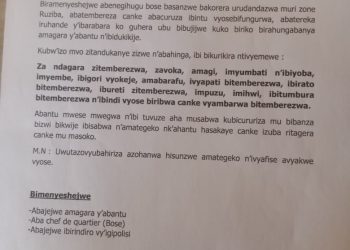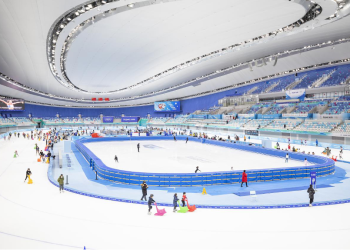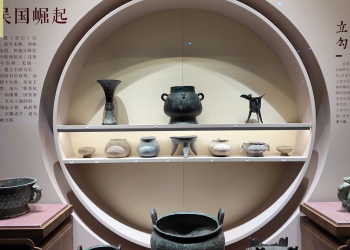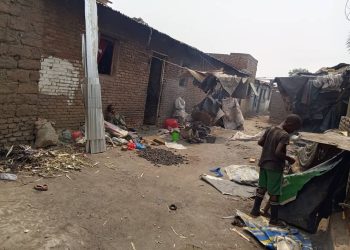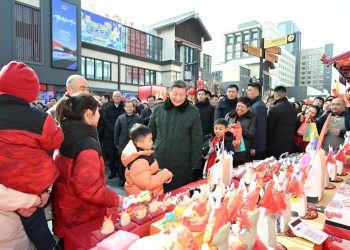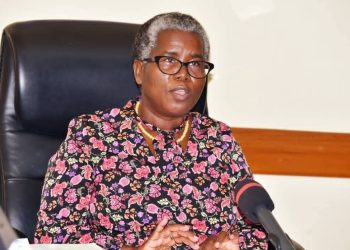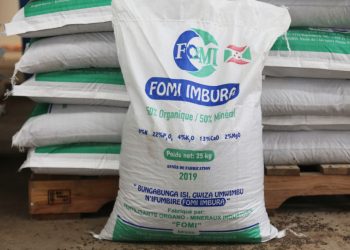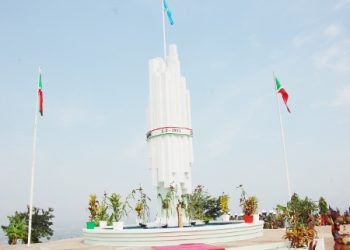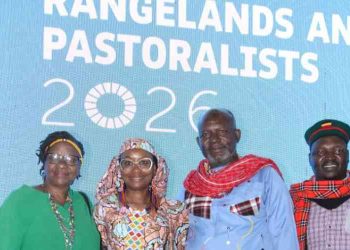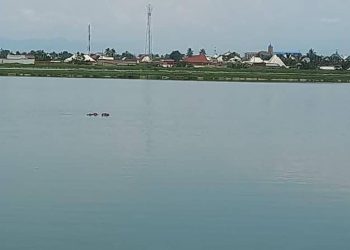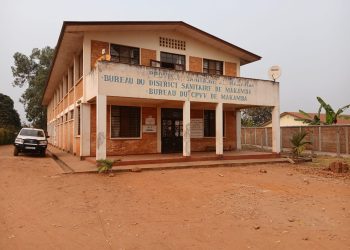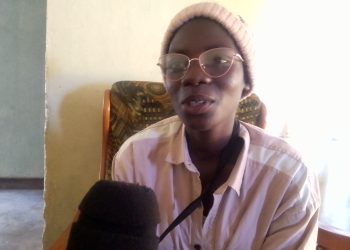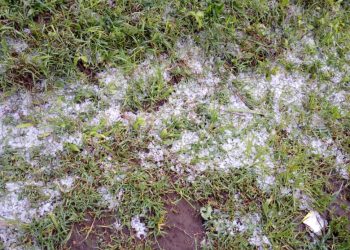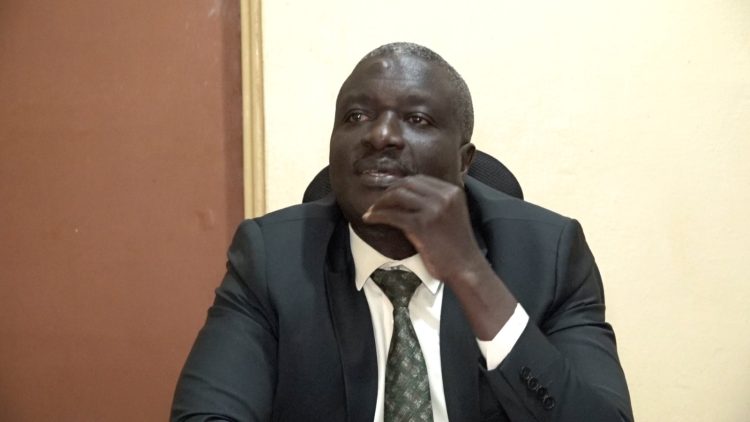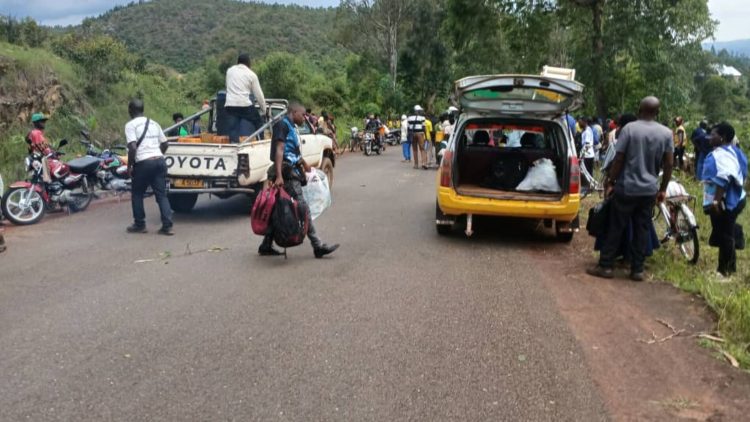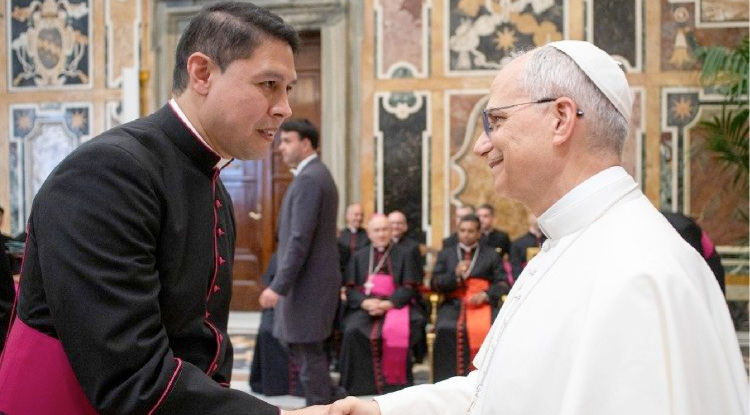This is included in the correspondence of 17 February sent to the Prosecutor of the International Criminal Court-ICC by the collective of lawyers defending the families of victims of crimes against humanity and other criminals in Burundi.
Armel Niyongere, one of the lawyers says the correspondence contains hundreds of pictures of people killed, ill-treated and tortured, testimonies including sound clouds and videos of survivors and families of the victims.
“The correspondence also contains files of inflammatory and hatred words pronounced by the Burundi officials with their links to facilitate the fact checking on our allegations”, says Niyongere.
He says the ICC has in its duties to investigate on killings and ill-treatment carried out in Burundi. “The families of the victims need to know when the commission of preliminary inquiry will start its activities to investigate on what happened in Burundi. They are ready to testify”, he says. The inquiry aims to identify the perpetrators and accomplices of crimes committed in Burundi under the ICC jurisdiction.
The collective of lawyers has already received about 200 cases from the victims to be taken to the ICC. In October 2016, Burundi withdrew from the Rome Statute of the International Criminal Court.
Since November 2016, Burundi Home Affairs Ministry organized a public demonstration in the Burundian capital to protest against the deployment of the three commissioners of inquiry on the human rights situation in Burundi, recently appointed by the UN Human Rights Commission. Térence Ntahiraja, Assistant to and Spokesperson for the Home Affairs Ministry, said the reports of the UN and other organizations contain unverified and false information. “Their reports are not reliable. They contain more fabrications than the real information with the main objective of tarnishing the Burundi image”, he said.
Iwacu



